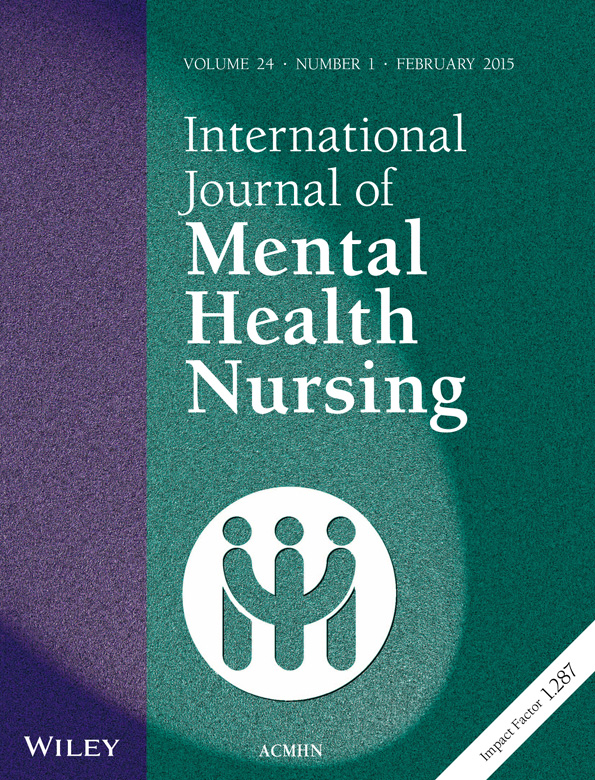Use and interpretation of routine outcome measures in forensic mental health
Abstract
The present study aimed to both pilot a method of monitoring mental health nurses' use of routine outcome measures (ROM) and to examine the precision of ratings made with these tools within a forensic mental health environment. The audit protocol used in the present study was found to be effective in evaluating both the accuracy with which nurses were able to interpret ROM items and their degree of adherence with local procedures for completing such instruments. Moreover, the results suggest that despite these ROM having been developed for use in general mental health settings, they could be interpreted and rated with an adequate degree of reliability by nurses in a forensic mental health context. However, difficulties were observed in the applicability of several components of these tools within a forensic environment. Recommendations for future research and implications for practice are discussed.




